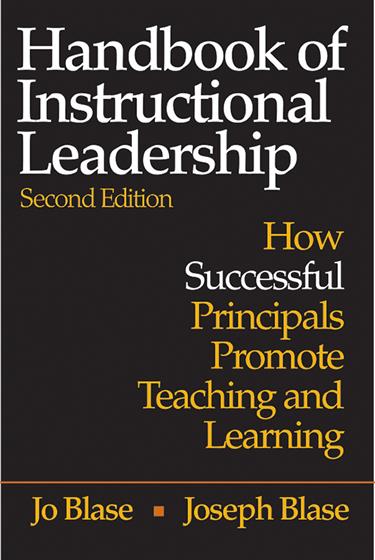Hands-on, Practical Guidance for Educators
From math,
literacy, science, equity, multilingual learners, and SEL, to assessment, school counseling,
and education leadership, our books are research-based and authored by experts
on topics most relevant to what educators are facing today.

Handbook of Instructional Leadership
Updated Edition of Bestseller!
Build a learning community of teachers and students through mastering the art of effective leadership!
Successful instructional leaders inspire their staff to develop "professional learning communities" dedicated to effective teaching practices. New to the second edition is an in-depth analysis that shows principals how to achieve this goal. Also new are additional figures, models, and reading lists that enrich the text's original findings.
Time-tested practices of instructional leadership are still central features. Principals can use these keys to success to:
- Build teachers' trust through continual communication
- Encourage teachers to continue their self-improvement efforts
- Motivate teachers with constructive feedback
- Promote and participate in reflective practices
- Support and encourage teachers' professional development
- Grade Level: PreK-12
- ISBN: 9780761931157
- Published By: Corwin
- Year: 2003
- Page Count: 248
- Publication date: November 13, 2003



